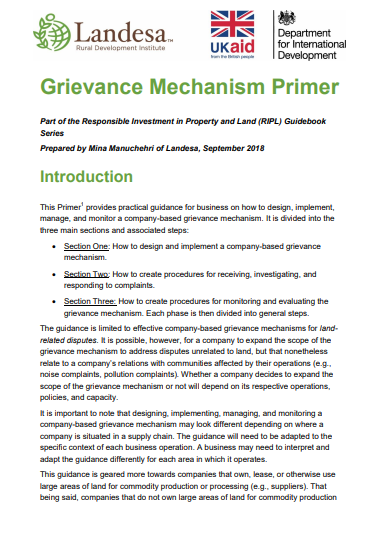Resource information
March 2014 – This paper assesses the extent to which Rwanda’s progressive legal framework has eliminated gender-based discrimination in access and control over land by taking a nuanced look at women’s ability to make land-related decisions and at the factors that affect their decision-making power. Our findings indicate that in Rwanda women’s involvement in land-related decisions at the household level varies considerably depending on their marital status, their age, their husbands’ knowledge of women’s rights to land, and community-level perceptions of the extent to which women’s land rights are mediated by their husbands and kin. Our findings also show that women have very limited say when it comes to bequeathing land. Authored by Florence Santos, Diana Fletschner and Vivien Savath.

